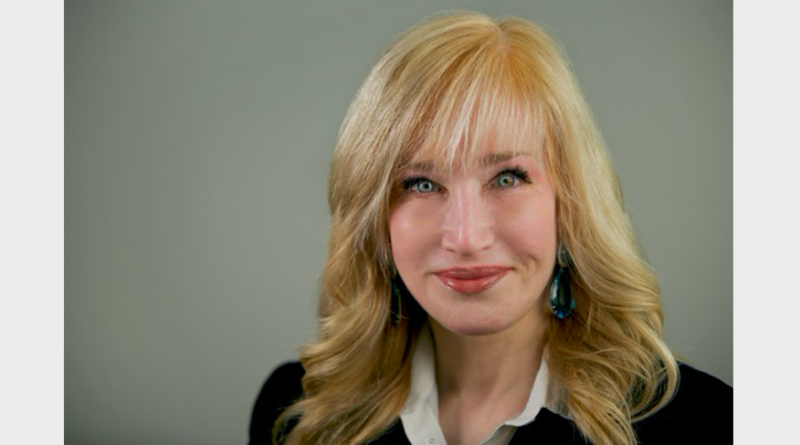INTERVIEW: CNN takes close look at impact, legacy of Lincoln
Photo: Nancy Glass is executive producer of Lincoln: Divided We Stand. Photo courtesy of subject / Provided by press rep with permission.
Listen to most lawmakers nowadays, no matter the side of the aisle, and there’s a good chance that President Abraham Lincoln’s name will come up. The influential leader continues to inspire and engage, and his name and legacy are still heralded and debated.
CNN is adding to that commentary with a six-part docuseries kicking off Sunday, Feb. 14 at 10 p.m. Lincoln: Divided We Stand, featuring narration by Sterling K. Brown, delves into the professional career of the 16th president and also his personal beliefs and background. The network promises expert interviews, cinematic recreations and photos that have never been broadcast on television.
Recently Hollywood Soapbox exchanged emails with Nancy Glass, executive producer of the TV series and CEO of Glass Entertainment Group. She is a six-time Emmy Award winner. Her company is also behind the shows The Vet Life, Heartland Docs, Queen of Stylez and Frozen in Time. Questions and answers have been slightly edited for style.
What inspired you to tell the story of President Abraham Lincoln during these divided times?
Abraham Lincoln’s life story, along with his complicated political career, is an enduring story. I can’t think of a time when it wouldn’t be interesting, but the launch of the series couldn’t be more timely. When CNN executives commissioned this six-part series, they felt that airing it around or after the 2020 election would be appropriate and give viewers a thoughtful look at another time in our history when we were fiercely divided.
Why do you think Lincoln’s name is used by both Democrats and Republicans in today’s political world?
Lincoln was a great leader who was able to compromise and grow throughout his political life. Collectively, we admire not only what he accomplished but also the way he made things happen. He was a powerful writer and orator whose words reflected his strength of character and humanity. The sentiments he expressed in his era are still important and certainly quotable today.
What is the most revealing fact you found out about Lincoln during this process?
Lincoln: Divided We Stand reveals that his political career was not initially inspired by abolition. Our education provides a sanitized version of Lincoln’s greatest accomplishment — The Emancipation Proclamation. While Lincoln was morally opposed to slavery, the proclamation was not motivated by freeing slaves but by stopping its spread. In fact, it did not free all slaves — but only those in confederate states. The Emancipation Proclamation, therefore, was a war measure designed to destroy the confederate army’s infrastructure.
As a legislator, Lincoln at first argued for slaves to be sent back to Africa or have their own area of America. He finally came to understand the inhumanity of enslavement and the urgency in bringing it to an end. Interestingly, Lincoln once represented a man who wanted to have the Illinois court return his slaves to him. Ironically, he lost that case.
How difficult was the production and pulling each of the elements together?
The narrative is bolstered by 22 of the nation’s most authoritative Lincoln experts, including Pulitzer Prize/bestselling authors, political commentators, historians, professors and civil rights leaders. The shoot itself was a challenge because production took place during the COVID-19 pandemic. The bulk of our recreations were shot in August and involved 150 people. We were able, through testing and distancing, to keep everyone safe and deliver an excellent result. Highlighting how new technology can imitate the old, we used LED lights to create the look of an 1860s oil-lamp environment, and because of COVID, the lighting was controlled by iPad.
With CNN attached, was there pressure to have a current-events angle?
CNN provided great guidance on this production and asked that we look through a contemporary lens to provide a perspective of what occurred in Lincoln’s time, framing its long-term impact.
How did you settle on six parts for this miniseries?
There have been 15,000 books written about or mentioning Abraham Lincoln. Jesus Christ is the only person who has been covered more in literature, so we knew we had a lot of content from which to work. We gave the network a very detailed presentation, and CNN ultimately decided the number of hours. We then worked together to make every episode meaningful and interesting.
By John Soltes / Publisher / John@HollywoodSoapbox.com
Lincoln: Divided We Stand, executive produced by Nancy Glass, premieres Sunday, Feb. 14 at 10 p.m. Click here for more information.

